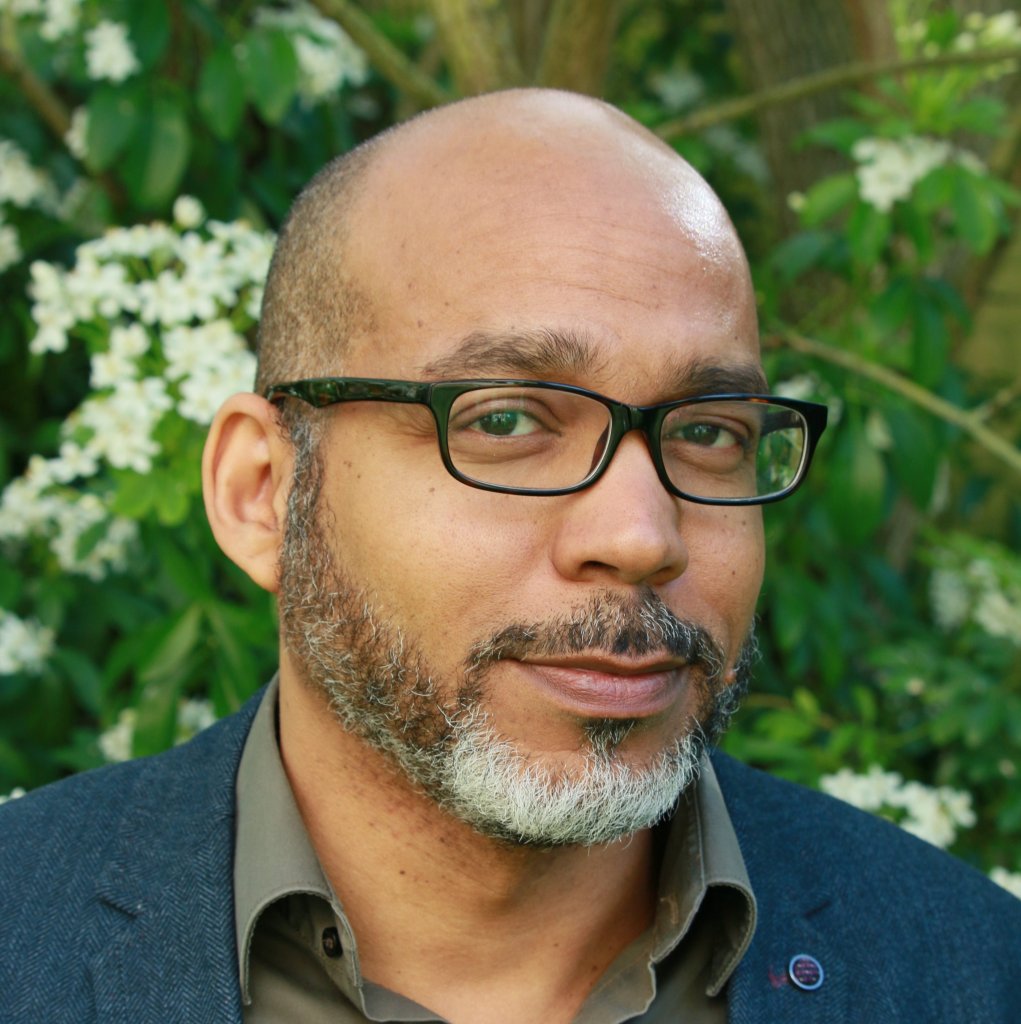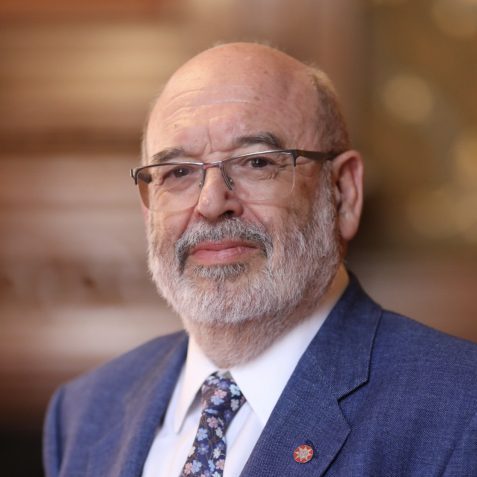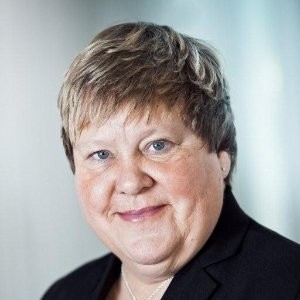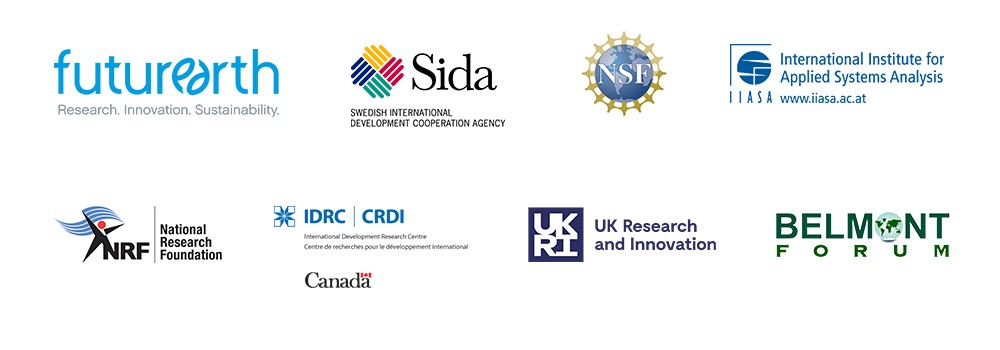
Watch the recording:
The scope, scale and speed of human pressures on Earth is unprecedented. Humanity has become the dominant force in shaping the future of all planetary systems. For the first time in our history the most serious and immediate risks are human made and unfold at planetary scales, from climate change to the COVID-19 pandemic, to biodiversity loss and rising inequalities.
Advancing human development within planetary boundaries is now the most important frontier for human exploration, and the most pressing one for science, if it wishes to remain relevant to human development and flourishing on planet Earth.
The adoption of the Sustainable Development Goals (SDGs) in 2015 by the United Nations is a global response seeking to reconcile human development with planetary boundaries. The current COVID-19 pandemic has significantly set back efforts toward SDG achievement, and there is an urgent need to both step up the pace of progress if these urgent goals are to be achieved by 2030, and to take substantial additional actions to strengthen needed transformations beyond 2030.
The side event brought together policy makers, national science funders, foundations, development aid agencies and international science institutions to present a roadmap to how scale up the impact of science in advancing this urgent, transformative agenda globally. The side event presented A Framework to Unleash Mission-Oriented Science, outlining the critical priorities for science that would support and enable societies to accomplish the SDGs by 2030.

Moderator


Co-Chair, Belmont Forum

AnnaMaria Oltorp
Head of Research Cooperation, Swedish International Development Cooperation Agency (SIDA)

President-elect, the International Science Council

Director General of Formas, Swedish Research Council
This side event was organized by the International Science Council in partnership with:
